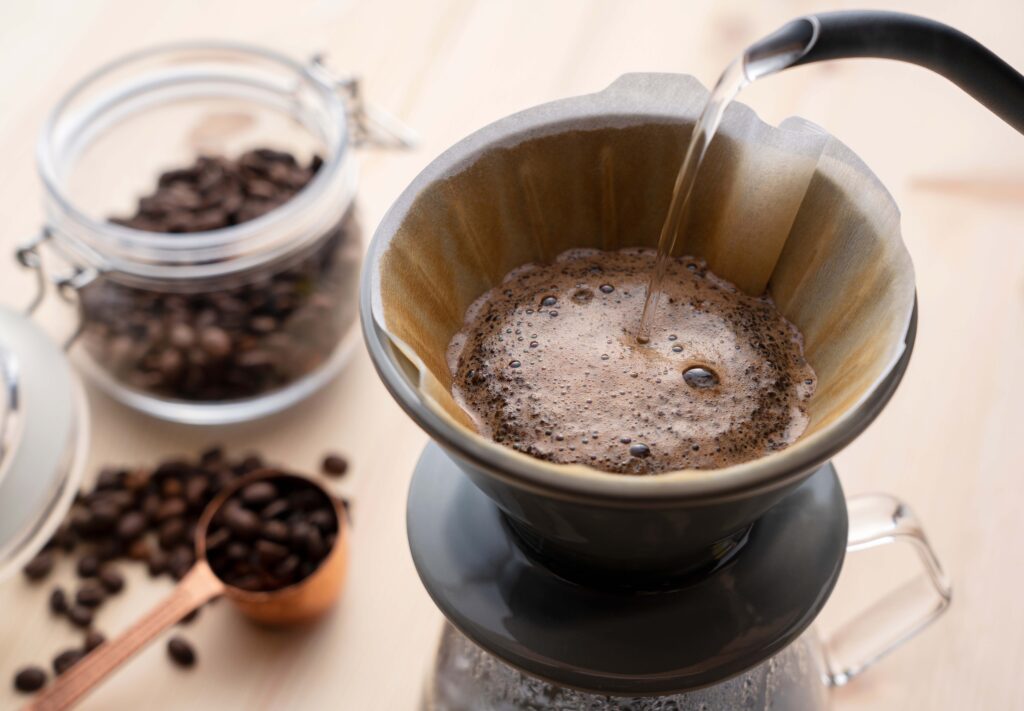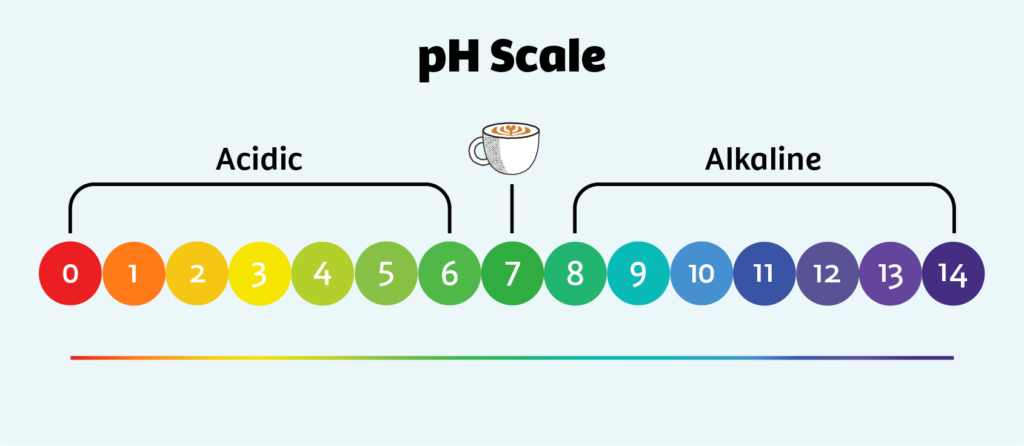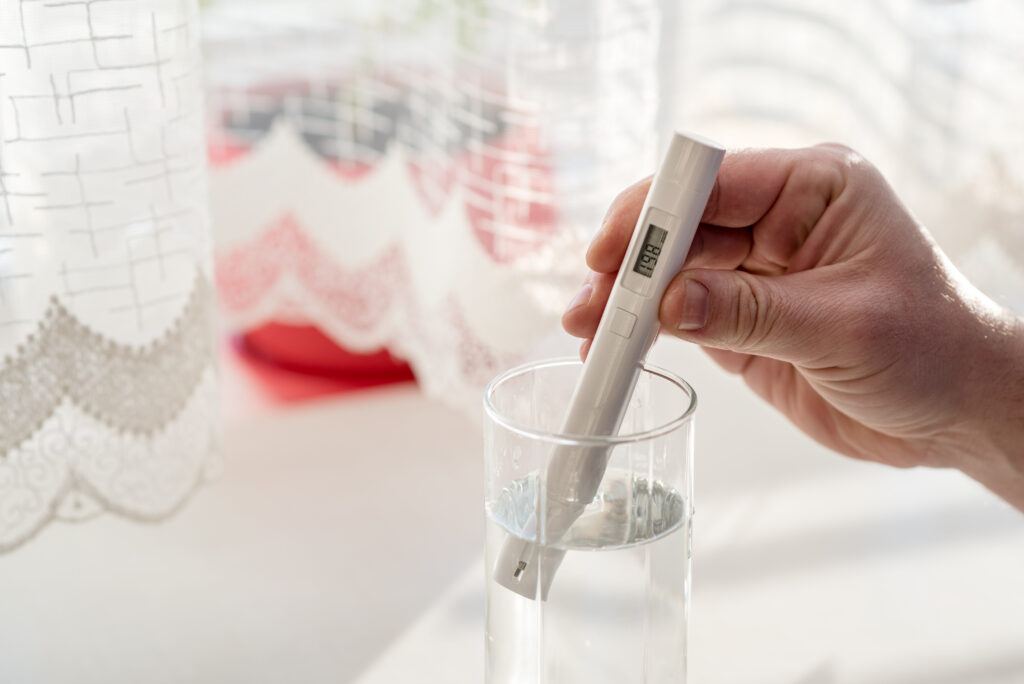
When it comes to brewing coffee, it is important to focus on selecting the right beans, choose the best grind size, monitor the extraction time, and contact time, and choose the right brewing method. However, one crucial element that is often overlooked is the quality of water used in the brewing.
And this water is just right…
The Specialty Coffee Association (SCA) recommends that the water used for brewing coffee should be clean, odor and chlorine free with a pH level of 7 and a calcium content of 50-175 ppm.

Get to Know Your Water
Here are 7 tips to get you started:
1. Understand your tap water:
Tap water in some areas can contain impurities such as chlorine, minerals, and additives that can affect the taste and aroma of your coffee. These elements can lead to off flavours, a dull taste, or even a lingering aftertaste.
2. Mineral content matters:
The mineral content of water plays a vital role in coffee extraction. Ideally, the water should have a balanced mineral composition to extract the flavours from the coffee beans optimally.
3. Check your bottled spring water:
Bottled spring water is often a popular choice for brewing coffee due to its consistent mineral content and absence of chlorine. However, it’s essential to check the label to ensure that the water does not have an excessively high mineral content, as it can affect the taste of the coffee.
4. Reverse osmosis:
While in-home filtration systems effectively remove impurities, it also eliminates minerals that contribute to the coffee’s flavor extraction. It’s crucial to ensure your system contains a re-mineralization process to add back some of magnesium and calcium to create a water that’s more suitable for a brew.
5. Distilled water affects flavour:
Distilled water is often considered less than ideal for brewing coffee because it lacks minerals and other solids that are commonly found in tap water. When all these impurities are removed from the water, it can leave the coffee tasting flavourless and flat.
6. All about filtered tap water:
Filtered tap water is one of the best ways to remove impurities and any chemicals such as chlorine to help you unlock the full potential of your brew and enjoy a consistently delicious cup of coffee.
7. Measuring your water:
We recommend using a TDS Meter to measure the total dissolved solids in your water, including minerals, salts, and other substances so you can ensure consistency in the water you use for brewing your coffee and replicate desirable results.

For more precise control over water composition, some coffee enthusiasts use specialized water recipes or third-wave water that provide specific mineral blends to create the optimal brewing water for their desired flavor.
Coffee and water can have a serious side, but we encourage you to explore and experiment with the water you use in your brewing process to make the coffee that’s right for you.
If you’re interested in learning more about how water effects your brew, please visit https://sca.coffee/sca-news/news-from-our-partners/water-and-the-taste-of-coffee


